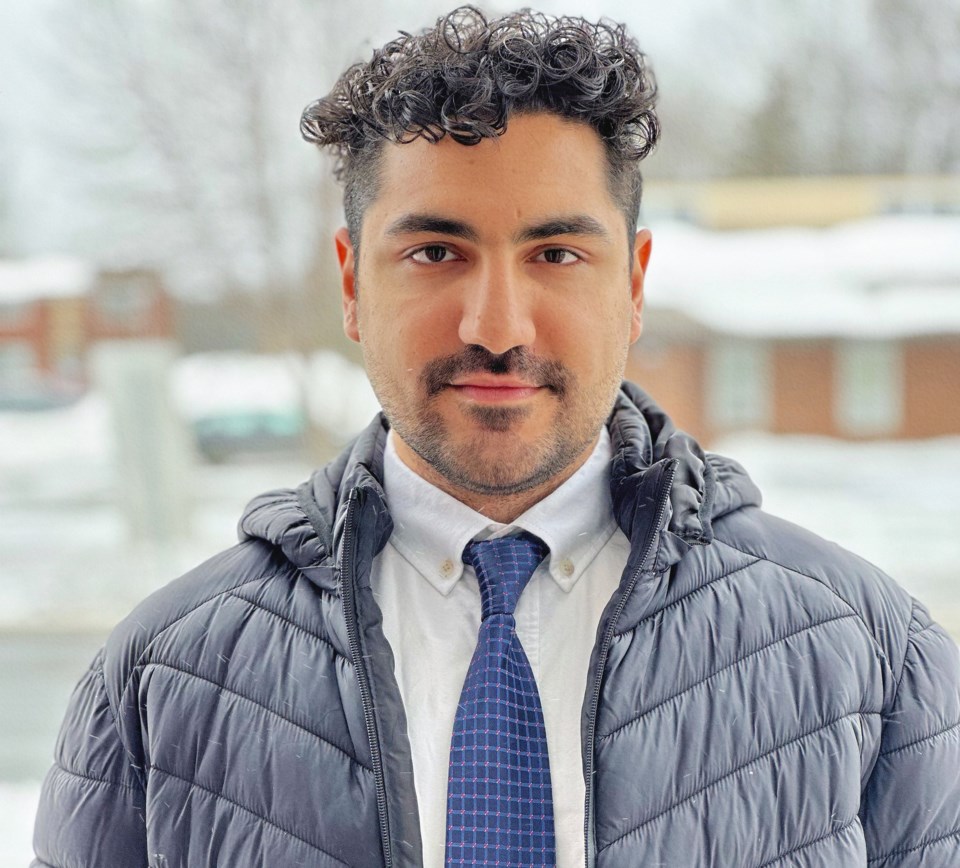THUNDER BAY — The new president of the Lakehead University Student Union has seen plenty of students, particularly those from overseas, struggling to find suitable accommodation.
It's why Faraz Khorsandi is making housing an item at the top of his agenda as he takes office on the university's Thunder Bay campus.
Khorsandi, originally from Iran, was elected LUSU president in a byelection.
The student union has been led recently by an interim president, Brandon Rhéal Amyot.
In an interview Tuesday, Khorsandi recalled that when he started working at the university as an international student assistant, during the September intake "we had a lot of students coming in, and they were having trouble and issues with finding housing...That is the reason I actually ran in the byelection. The housing crisis is affecting a lot of students, and international students more, because they're paying way more tuition compared to domestic students."
He said he's currently trying to help two families from Bangladesh, but after three weeks of searching they are still using Airbnb.
"It's really hard on them. We're really trying to help them out and advocate for them, so that the city and the university know this is a big issue."
Khorsandi feels it's important for the city to be made more aware of the contribution that international students are making to Thunder Bay's economy, not only by attending school here but also by finding part-time jobs.
The lack of affordable student housing has gained a higher profile as some Ontario post-secondary institutions are increasingly relying on international students to keep their enrolment up and maintain programs.
Khorsandi said there are several other pressing issues he wants to work on, including students' food insecurity, but he's still getting briefed on some things during his first week in office.
He's already very concerned, though, about the repercussions of a recent blue-ribbon panel's report on the financial stability of the province's universities and colleges.
The group recommended that the government end the current tuition freeze and permit an increase of five per cent next year, followed by annual hikes of two per cent or the rate of inflation, whichever is lower.
"That is just compounding our existing financial challenges," Khorsandi said. "A lot of students are having issues nowadays with basic human needs. Adding to that would be way more of a challenge."
He said tuition fees in Ontario are already higher than the national average, "so we are trying to urge investment in grants, not loans."
That's something that student groups called for in a national day of action last month.
Khorsandi said many international students are having a particularly difficult time since their fees are up to four times those of domestic students.
"If students are struggling, they're not having enough food, they're not having good accommodation, they can't put time into their studies.That is not a high-quality education, and the results will also not be good for the companies later on in the workplace."
He said the various stresses are also creating "a lot of problems" with mental health.
